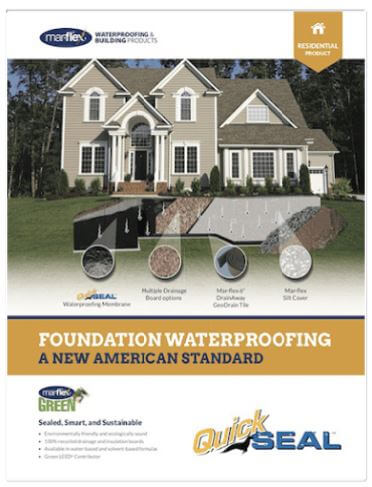In the first months of the COVID-19 pandemic, we were still not using the word pandemic, and were more likely to call it “coronavirus” than COVID-19. People who were experiencing a large number of symptoms, even those that mimicked the little-known virus simply shrugged them off.
“It’s probably the flu,” they said. Or, “It’s my allergies.”
Some of them were right. And some of them were very wrong.
Although it acts in some ways as an illness of the blood, COVID-19 first mimics many common breathing related elements including the flu, asthma, and a wide range of allergies including mold allergies.
But how can you be expected to know whether you have contracted COVID-19 or are suffering from a mold allergy. Mold allergies are follow the same seasonal patterns, and are made worse by quarantining in hot, wet spaces without adequate ventilation or dehumidification.
In the heat of summer, you will want to know which of these dangerous foes you are fending off.
This handy chart will help clear up similarities and differences between mold allergies and COVID-19.
| Symptom | COVID-19 | Mold allergy |
| Sneezing | YES | YES |
| Weepy eyes | NO | YES |
| Fever | YES | NO |
| Runny nose | YES | YES |
| Congestion | NO | YES |
| Fatigue | YES | NO |
| Difficulty breathing | YES | YES |
| Diarrhea | YES | NO |
| Inability to taste | YES | NO |
It is clear that there are many overlapping symptoms between COVID-19 and mold allergies. Ultimately you know yourself better than anyone.
Think it’s mold?
If your symptoms are consistent with the mold allergy, examine your surroundings. Are there places where the symptoms seem to get triggered more frequently? Do they go away if you leave? Are you able to visually inspect all of the areas, like under carpets or in ceiling tiles to detect the existence of mold?
If you suspect a mold allergy you should have someone confirm by doing testing in that location. Or you can hire someone to do an in-depth inspection.
When this is confirmed, you should immediately take steps to remove the or treat the mold. Although rare, mold allergies can sometimes lead to fatal consequences.
Think it’s COVID-19?
If your symptoms are not consistent with typical allergy symptoms, or have the addition of one or more of the COVID-19 symptoms, do not panic. Instead, call your doctor. She or he can give you more specific information and ask more detailed questions to make a better determination.
Your physician will also be able to identify a location where you can get tested it COVID-19 is suspected.
There is no reason to wait or to simply hope that it is not COVID-19 when the symptoms are all present.
